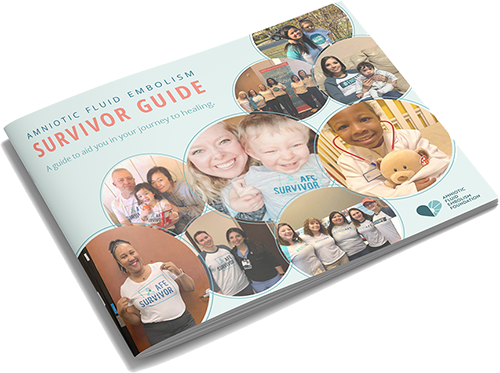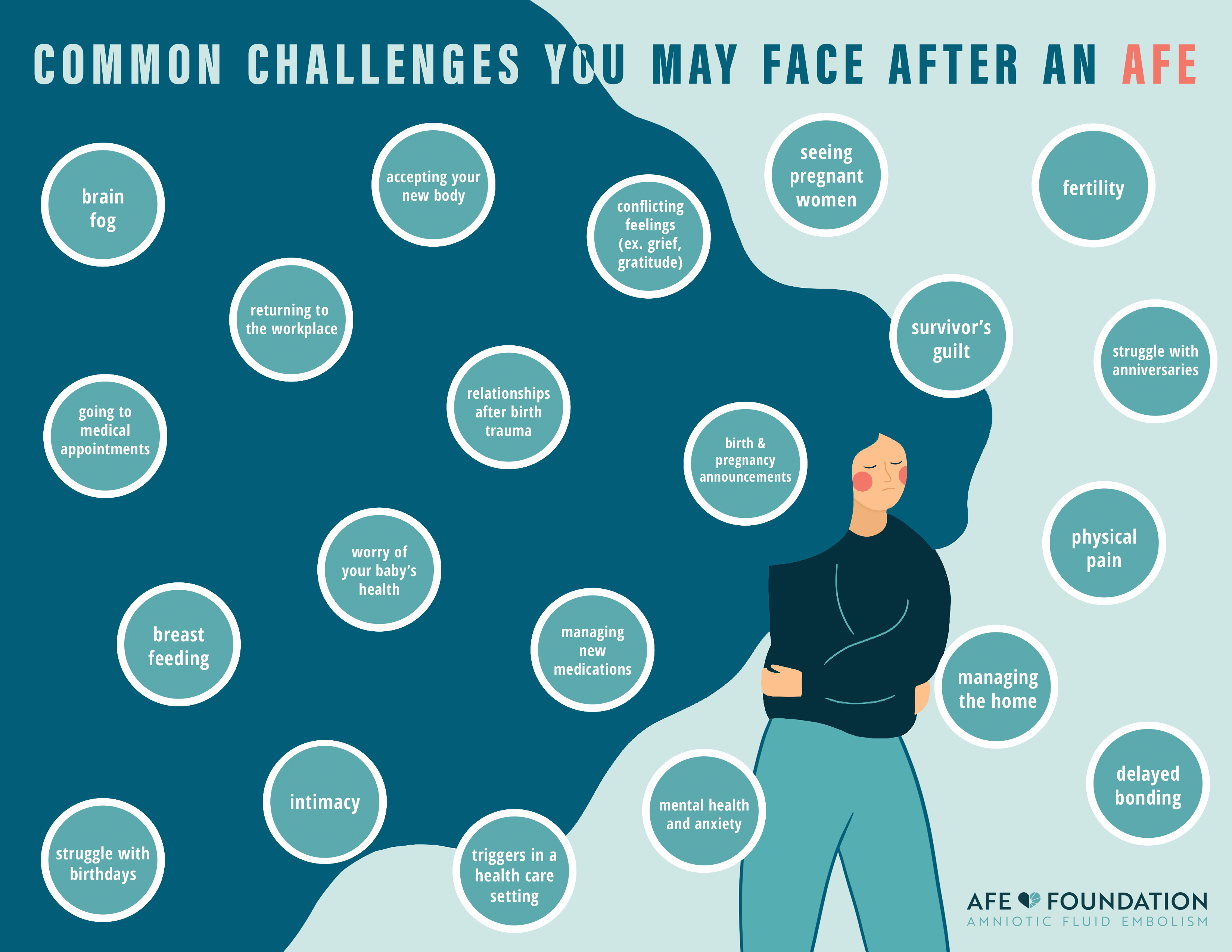Inside the Survivor’s Guide
Common Challenges Survivors Face
Many AFE survivors have shared the vast and complex emotions surrounding their AFE experience and report feelings of isolation, confusion, grief, survivor guilt, and trouble accepting their new bodies and health challenges. We have identified and compiled the most common challenges many in our community have expressed and hope to show you that if you too are feeling them, you are not alone. If you have not joined one of our support groups, consider joining our groups as these topics are regularly discussed.
Help us #endAFE!
The AFE Foundation is funded by donations. Every dollar goes toward our support, research, and education programs. We are committed to turning donations into action, including yours.


